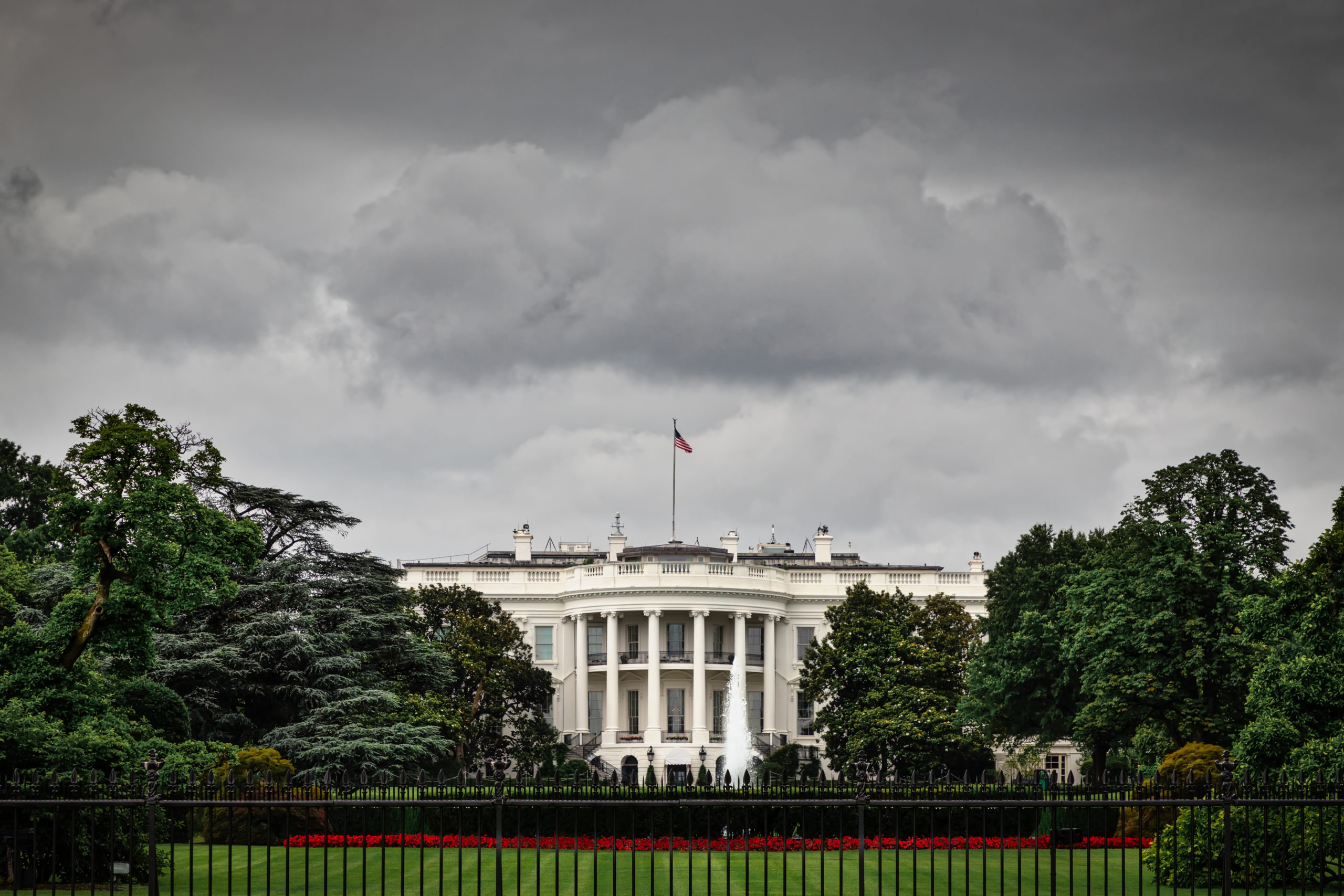From the Desk of Tim Wirth (U.S. Senate, Colorado, Ret.)
Re: PATIENCE. Following November 3, we can anticipate a long wait for election results as the anticipated surge of absentee ballots are counted. This period provides opportunities for the President to claim fraud, challenge the electors in various states, and raise the already white hot partisanship of this election cycle. This again reminds each of us to get an absentee ballot if possible, to vote early and verify that your vote has been counted, and then to counsel PATIENCE for all as we await the counting of the Electoral College in mid-December.
If we don’t dispel the falsehood of an election ‘delay’ now, we risk chaos in November
August 19, 2020 | Joanne Lipman and Edward B. Foley | The Washington Post
President Trump is ramping up his attacks on mail-in voting by insisting election results “must” be known on election night. “No more big election night answers?” he tweeted last month. “Ridiculous! Just a formula for RIGGING an Election . . .”
The news media have pushed back on his baseless claims of fraud. But they agree with him on one point: There is likely to be a “delay” in election results because of a surge in mail-in votes.
But that’s wrong. If results aren’t known on election night, that doesn’t mean there’s a delay. The fact is, there are never official results on election night. There never have been. …


